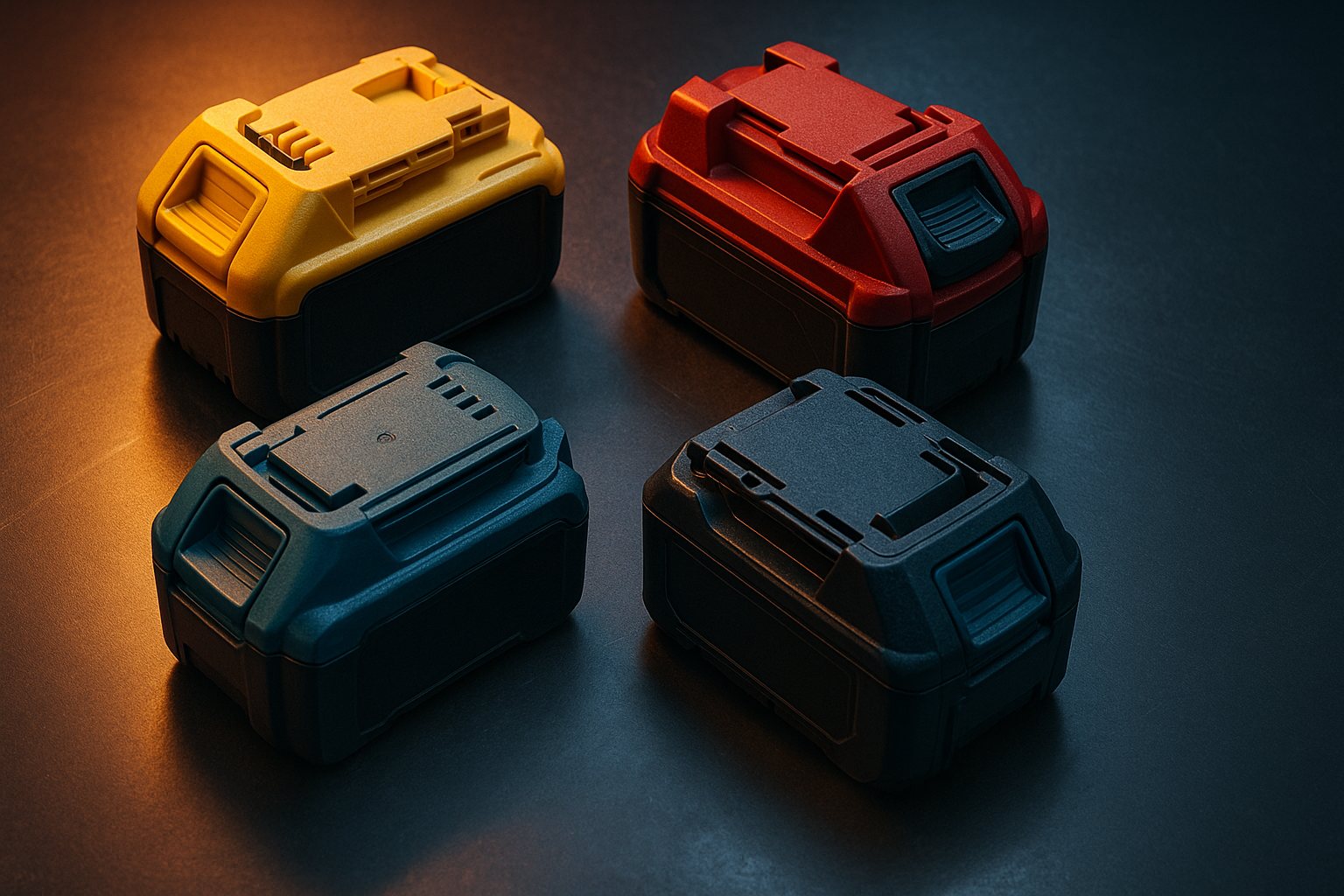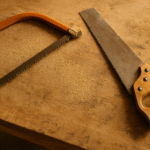The race for power in 2025 isn’t about motors — it’s about batteries.
In the last few years, power tool manufacturers have invested heavily in battery design, cell chemistry, and smart power management systems.
The result is a quiet but fierce competition between the industry’s biggest players: DeWalt, Milwaukee, Makita, and Bosch — each claiming to deliver the most efficient, longest-lasting cordless experience.
So, which brand truly leads the power game in 2025?
The Evolution of Power Cells
Lithium-ion batteries revolutionized cordless tools over a decade ago, but their limitations in heat management and discharge efficiency pushed engineers to go further.
The biggest breakthrough came with tabless battery design — an innovation that improves current flow, reduces resistance, and eliminates hotspots.
As discussed in How Tabless Battery Technology Is Changing Power Tools Forever, this design allows faster charging, higher sustained output, and longer life cycles — the key to today’s high-performance systems.
Brands that adopted this architecture early, such as DeWalt and Milwaukee, now lead in output consistency under load.
Voltage, Amperage, and Runtime
While most brands advertise voltage as a performance indicator, true endurance depends on amp-hour capacity and cell density.
DeWalt’s FlexVolt system continues to stand out for its dual-voltage flexibility (20V/60V), while Makita’s XGT series balances voltage and runtime with enhanced cooling channels and power distribution.
Bosch’s CORE18V batteries remain among the most thermally stable, ensuring efficient heat dissipation even during prolonged use. Milwaukee’s M18 REDLITHIUM HIGH OUTPUT packs, meanwhile, push the limit of runtime by combining advanced circuitry with large-capacity cells.
The takeaway: higher voltage delivers bursts of power, but energy density and heat control determine how long that power lasts.
Smart Battery Management Systems
Battery longevity no longer depends solely on chemistry — it’s about intelligence.
Modern packs include embedded chips that track performance, detect anomalies, and balance individual cells to prevent uneven wear.
These features, part of the broader connected ecosystem seen in Inside the Smart Workshop: Connected Tools That Think for You, enable precise energy use and longer battery health.
Milwaukee’s REDLINK Intelligence, DeWalt’s Battery Management System, and Bosch’s Battery Guard technology all perform similar tasks — optimizing current flow and preventing overload.
This convergence marks a shift toward data-driven energy management rather than brute-force power.
Charging Speed and Thermal Efficiency
Rapid-charging technology has advanced just as fast as battery capacity.
DeWalt’s Fast Charger now replenishes 80% capacity in under 30 minutes, while Bosch’s GAL 18V-160 C Smart Charger automatically adapts to temperature conditions.
These advances parallel the efficiency goals outlined in Sustainable Power: How Tool Brands Are Going Carbon Neutral — sustainability through smarter energy cycles, not just greener materials.
Efficient charging doesn’t just save time; it extends overall battery life by minimizing thermal stress.
Durability and Real-World Use
Lab performance only tells half the story.
In field tests, Milwaukee and DeWalt batteries consistently perform well under extreme temperatures and heavy loads, while Bosch and Makita excel in heat stability and balanced discharge rates.
The differences are often minimal but meaningful: Milwaukee and DeWalt lead in power retention, Bosch dominates cooling efficiency, and Makita remains the most universally compatible system across its range.
Who Wins the Battery War?
Each brand brings a unique advantage to the table.
- Milwaukee delivers raw power and endurance for professionals.
- DeWalt balances performance and flexibility through voltage switching.
- Bosch offers superior cooling and energy management.
- Makita wins on system-wide compatibility and practical runtime.
In 2025, there is no single winner — only different strengths for different users.
The real victory belongs to innovation itself: the push toward smarter, faster, and longer-lasting cordless power.









